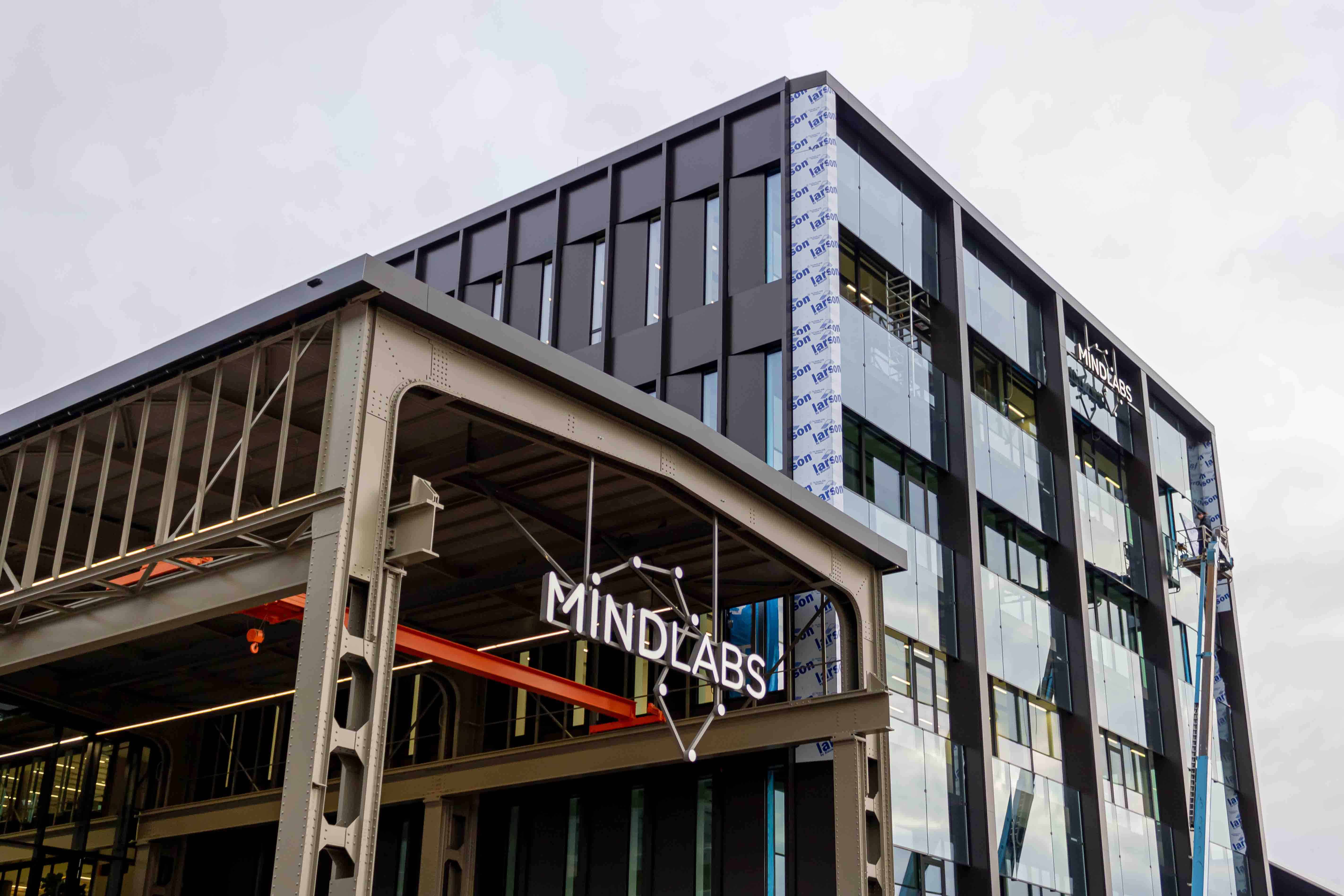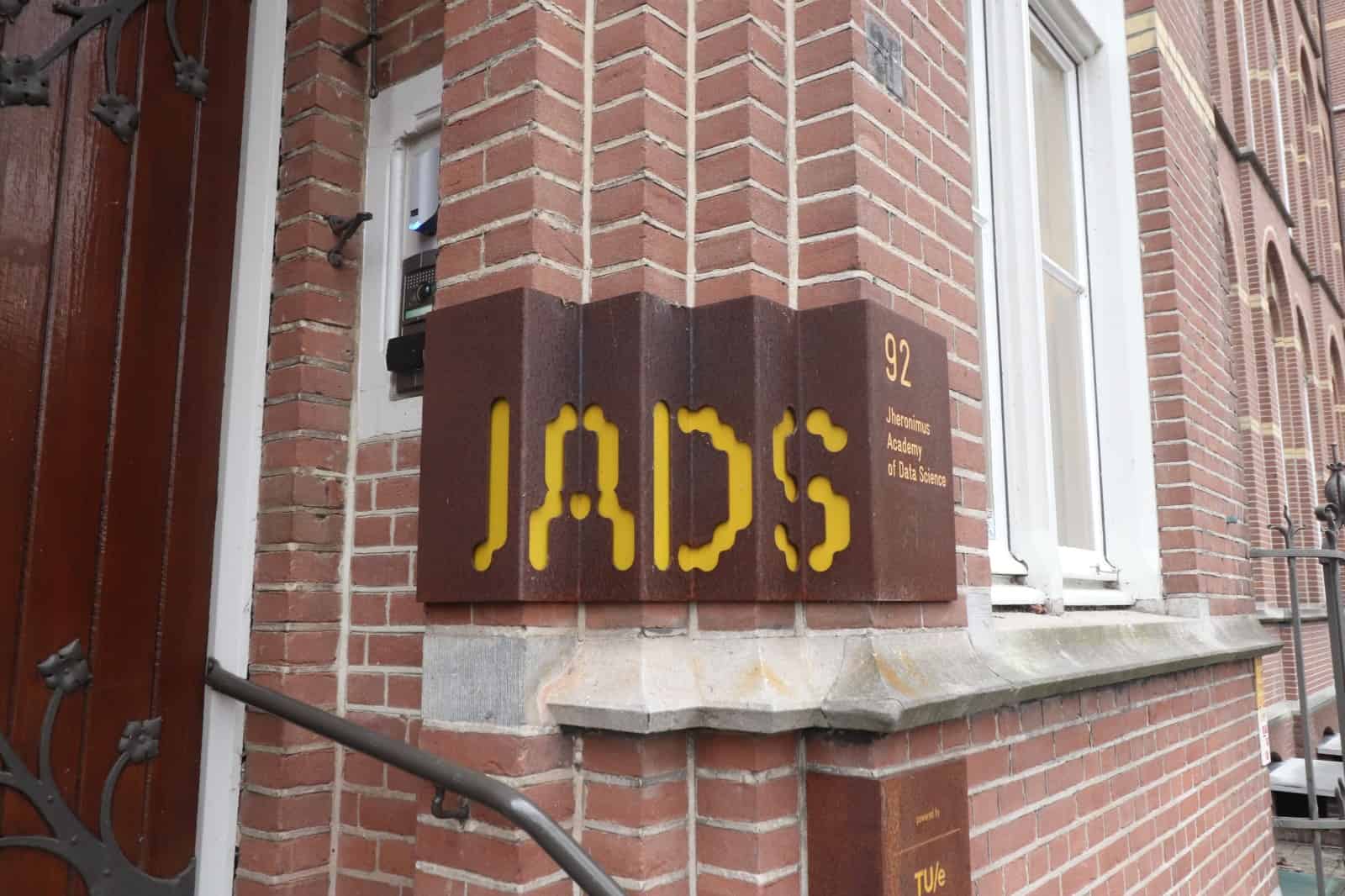
If the corona crisis makes something clear to us, it is that the solutions of the past no longer work for today’s problems. But to achieve those new solutions and create real innovations that benefit society, something has to change in the way we look at the world. Curiosity, the basis for everything we do at Innovation Origins, is crucial, as the research of Danae Bodewes also shows. In a series of interviews, she talks to curious types who each in their own way provide the building blocks for a curious life. Here is the complete series so far. NB: This interview took place before the corona pandemic.
We don’t work too much but don’t charge enough.
Willem van Rhenen
A stimulating quote by Willem van Rhenen in NRC on 17 December 2018.
Willem van Rhenen (61 years old): professor of engagement and productivity, company doctor, member of the Board of ArboUnie, ombudsman PostNL and Christen
If you would google Willem van Rhenen, you’ll find plenty of interviews and videos in which he pleads for the promotion of employee engagement. Engaged employees stand out positively among colleagues and managers, are less likely to report sick, take on more extra tasks, are more willing to help their colleagues, are less likely to run into a burn-out, and are more productive (van Rhenen, 2008). Reasons enough for managers to focus more on increasing enthusiasm and engagement instead of reducing work stress.
What is engagement?
Passion is “a positive state of supreme satisfaction, characterized by vitality, dedication, and absorption” (Bakker, 2009). Willem van Rhenen further explains engagement himself in a video of the Week of engagement.
Where do they get the energy?
The energy that engaged employees have at their disposal may seem to come out of nowhere or purely from within themselves. How do they do it? Why is one passionate and the other on or over the edge of burnout?
Engaged employees need to recharge as well. They’re very good at this. Engagement occurs when people are connected to their job resources. These are resources such as autonomy, experiencing social connectedness, for example through compliments, and competence. In addition, everyone has personal resources. Examples of personal resources are an optimistic attitude, resilience, or self-confidence.
Inquisitiveness as a personal resource for engagement?
Enthusiasm and engagement are terms that I associate with curiosity. I see curiosity as a driving force and therefore as a personal resource for engagement. When you do what you are curious about, you create intrinsic motivation, focus, energy and job satisfaction. To my surprise I saw that curiosity was not mentioned as a personal resource for engagement.
So here’s the reason to talk to Willem van Rhenen. How curious is Willem van Rhenen himself and how does he think about curiosity as a personal resource for inspiration?
What does curiosity mean to you?
I do agree with the explanation of the information gap theory [brief explanation: curiosity is stimulated by the distance between what you already know/understand and what you don’t yet know/understand]. There is something new you want to understand. You don’t get it yet, you can’t grab it. Yet you feel the energy within you; an inspiration, a dedication to discover and understand that new thing.
How does curiosity express itself with you?
I’m interested in a lot of fields and I want to sort them all out. The strength of this is that I discover a lot of new things. A disadvantage is that focusing becomes difficult. You can be distracted from your starting point by your curiosity and fall from one to the other.
What fascination have you had since childhood?
I’ve always tried to figure things out. For example, I liked to see a fly under a microscope or ‘chemistry in the kitchen’; doing chemical experiments with home and garden remedies. The will to understand things also manifested itself in discussions in which I went in all directions. Even though I knew it wasn’t true, that I wasn’t right, I still wanted to go into depth and explore further by discussing.
In how far have you experienced your own curiosity as a resource for engagement?
I’ve never experienced this as a resource so consciously. It’s important, but you don’t think about it all that much.
At a previous employer we had an impresario for curiosity. For example, we organised lectures. As a visitor, you didn’t know beforehand who was coming and what it was about. These were mainly matters that had nothing to do with the profession. These lectures were of a high level, so that those present told others what they had missed. It worked, we managed to make others curious. The lectures were for doctors. However, they became so popular that other professionals also wanted to participate. We deliberately didn’t do that to further defy their curiosity. The mechanism of curiosity worked, it was a success.
What’s the upper limit of your curiosity?
You see an impoverishment in curiosity due to stress, hustle and bustle or worries. Then the shutters close. This is a sign: beware, this can go wrong! You’re not interested anymore, you’ll go down in a spiral. You’ll have to break through that by always remaining in your curiosity.
How do you stay in your curiosity?
I do this by celebrating the Sabbath. I am not working on the Sabbath. This day is for myself, my family, god, relationships, meaning. I wish such a day to everyone, even non-believers.
After a marathon, you also take a break. Maybe you run a second or third marathon after it, a few manage to run four marathons in a row. People continue to run marathons in their work. When you rest after one marathon you can eventually run more marathons. You have to create peace and quiet, that’s where the idea of creativity comes in.
The Sabbath is a fixed day. You don’t have to create it, it’s already there. You have to be very disciplined to take that space in between without a Sabbath. When you take the space, it gives relief! With this day you give yourself a kind of safety margin.
“When you’re too curious it seems like you want to be equal to god.”
Willem van Rhenen
Where does your fascination for engagement come from?
I was researching stress. I was still in the old conceptual thinking, the ‘negative’ psychology. I was looking for the cause of all the misery we [as company doctors] encounter. At the same time, positive psychology started. This suddenly gave me more tools and points of leverage to tackle the misery.
is your headache caused by the actions of your supervisor? Then this supervisor has to leave. When you ask yourself: what does this supervisor hold back from me? Then you can talk to him about this and just ask him.
The importance of energy sources
As a manager, you have to find out what the most important source of energy is for an employee at that moment. Often these are autonomy or relational connectedness. One person is more related to the connection, the other more to autonomy. You hurt me the most by taking away autonomy. Someone else by taking away contacts with colleagues.
What do you think is the biggest social challenge we all face? How can your engagement contribute to the solution of this problem?
How do you, as a human being, cope with the era of change we’re living in? What does this mean for work and communication? We have to do things fundamentally differently. The Artificial Intelligence revolution that is currently going on does a lot with how we should act, as human beings. It requires a lot of creative solutions and fortunately, these are still generated by people.
My fascination is: are people aware that we live in such a tilt of eras? How do they deal with it? People get tired, exhausted, welfare drops. Interestingly, on the other hand, studies show that we have never been happier. This is the paradox between what actually happens and how we experience it.
Thankability and awareness
I strongly believe that people should live more out of gratitude and awareness. This is partly determined by my beliefs. God gives more to you than you are conscious of. When you are aware of this, you become more aware of your blessings.
You mustn’t want to rise too far above yourself. When you’re too curious it seems like you want to be equal to god.
How inspired are you? Measure it!
Do you want to know how engaged you are? Score yourself (.doc) using the Utrecht engagement scale.
What makes you a better version of yourself?
I’d love to hear it from you. React in the comments below or mail me: [email protected]







